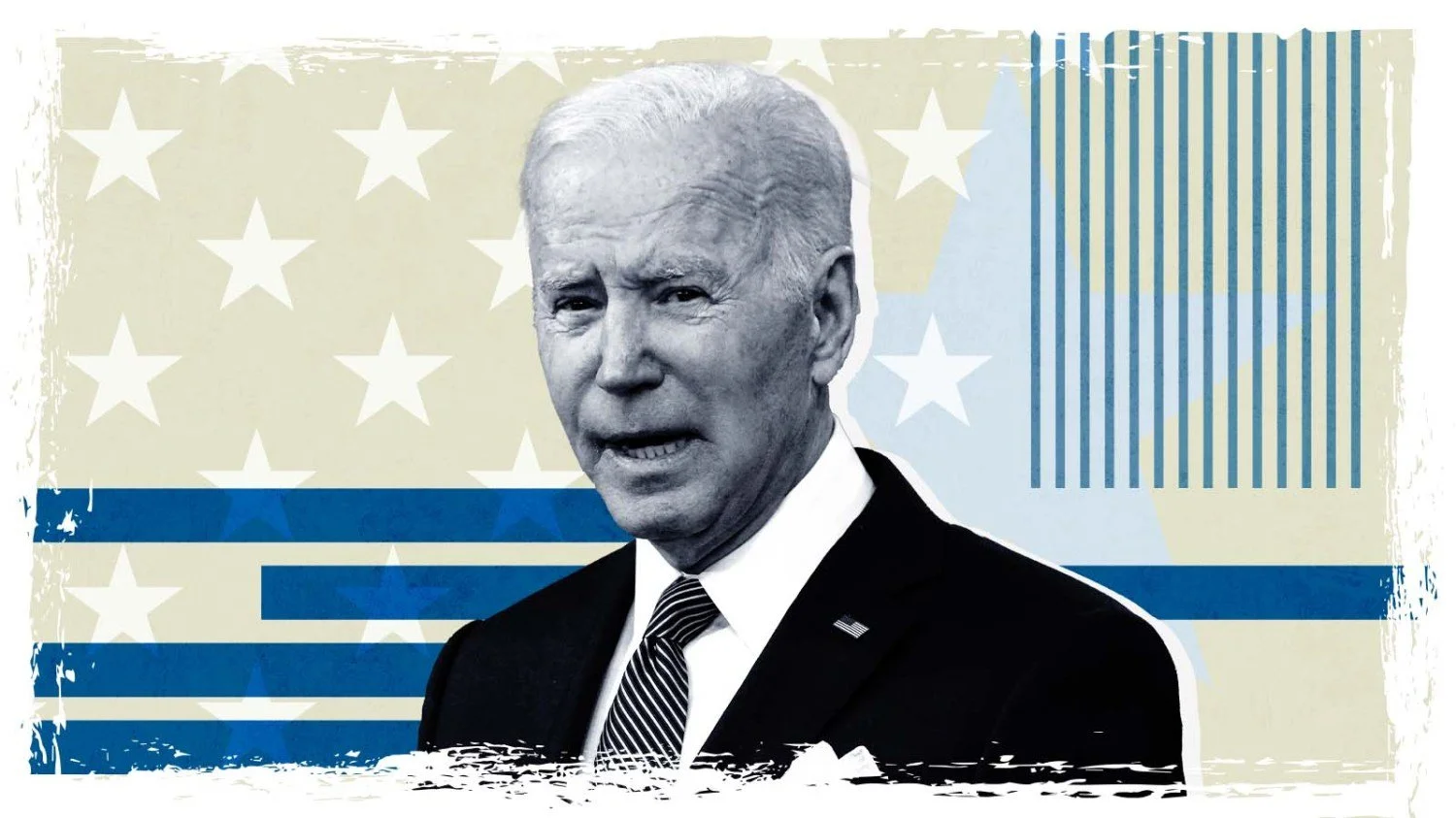Joe Biden has been an excellent president, but is also, I fear, the candidate least able to defeat Donald Trump. Other Democrats need to enter the race.
In decades (perhaps even centuries) to come, historians will focus on the 2024 presidential election much as they have on the election of 1860. They will understand, as too few Americans do today, that it will stand as a hinge point in American history.
My expectation—make that, my fear—is that they will focus most intensely on this question: Why were so many Democrats sleepwalking while the nation clearly teetered on the brink of authoritarian rule?
That question can (and must) be posed in a more specific way. With the prospect of a Donald Trump victory looming large, with polling showing that even Democratic base voters give Trump a higher approval rating than they accord President Biden, why did Democrats opt to run their weakest candidate—Biden—against Trump? Even as poll after poll showed Trump leading Biden in swing states, even as the electorate identified Biden’s presidency primarily with inflation and the high cost of living, even as Democratic House and Senate candidates were polling above Biden in swing states and nationally, even as Democratic governors had generally high approval ratings, why, oh why did the Democrats fail to run a serious primary opponent to Biden in the spring of 2024?
Well, we know why. Given the cards he was dealt (a two-year congressional majority that teetered on a razor’s edge), Biden did extremely well. He managed to get through Congress landmark legislation on rebuilding America’s industrial base, on mitigating the climate crisis, on restoring the nation’s sagging infrastructure, all while putting himself on the line for and with American workers as no president had ever done before. By most metrics, he’s been an excellent president, not just committed to restoring the country’s long-vanished mass prosperity but actually doing something about it.
And yet, that hasn’t made him the favorite in an election that will almost surely pit him against a candidate who poses the greatest threat to American democracy of anyone in our country’s long history. With each new poll, the popular discontent with the state of the nation—more particularly, the state of its economy; most particularly, the cost of living—rises ever higher, even despite the declines in the price of gas and some other essentials. And in each new poll, the doubts about Biden’s age remain constant.
Those discontents and those doubts are connected. Biden is no longer able, save in the rarest of instances, to make a forceful defense of his very real economic achievements. That’s more than a problem of inadequate delivery, however. The other problem is that he’s been highlighting the wrong achievements.
As Stan Greenberg’s polling for Democracy Corps has clearly documented, the number one issue for Americans—and for the constituencies that make up the Democratic base (young people, Blacks, Latinos, single women)—is the high price of food, shelter, and other necessities. A gap of nearly 30 percentage points separates this concern from the various (according to which group’s sample we look at) second-ranking concerns, be they crime, the climate, or other very real problems.
The full article can be read at The American Prospect .




